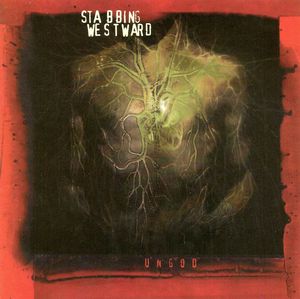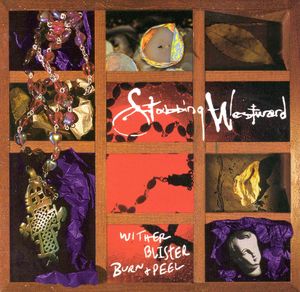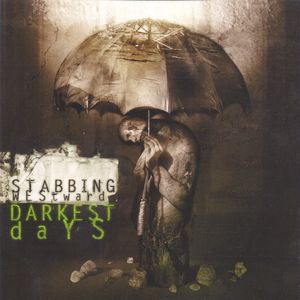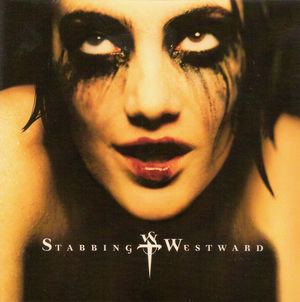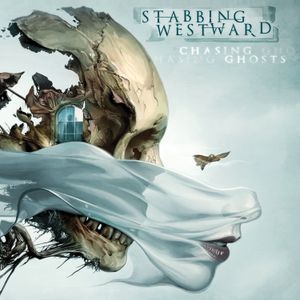

Stabbing Westward
Follow Your Favorite Band Today!
Top Stabbing Westward Community Posts
Story of Stabbing Westward
Stabbing Westward: A Journey Through Industrial Rock
Stabbing Westward, hailing from the heartland of America, emerged as a powerful force in the industrial rock scene, blending dark, atmospheric sounds with alternative rock sensibilities. Founded in 1985 by Christopher Hall and Walter Flakus in Macomb, Illinois, the band’s name was born amidst the walls of their college radio station, WIUS-FM. The moniker, a chilling echo of Cold War paranoia, was allegedly inspired by a 1950s speech about political fears of communism, with the phrase "stabbing westward" resonating in the band's early days.
The band's early years were marked by a raw energy and an exploration of their unique sound. After releasing an extended play in 1992, Stabbing Westward unleashed their debut album, Ungod, in 1994. The album cemented their place in the industrial rock scene, showcasing a potent blend of heavy guitars, driving rhythms, and Hall’s haunting vocals. Their subsequent albums, Wither Blister Burn & Peel (1996), Darkest Days (1998), and Stabbing Westward (2001), further solidified their reputation for creating intense and atmospheric music that resonated with fans worldwide.
Despite their growing success, the band announced their dissolution in February 2002. Two compilation albums followed in 2003, leaving a sense of unfinished business for many fans. However, in 2016, the band reunited, marking the 30th anniversary of their formation with a series of live performances that reignited the passion of their devoted fanbase.
The reunion proved to be a catalyst for new creative endeavors, culminating in the release of their first new album in 21 years, Chasing Ghosts, in 2022. This highly anticipated album showcased the band's enduring power and reaffirmed their ability to create music that was both innovative and true to their roots.
Stabbing Westward's journey is a testament to the enduring power of music, a reminder that even after periods of silence, the desire for dark and atmospheric sounds can reemerge, captivating a new generation of fans while remaining true to their original vision.
Frequently Asked Questions
Bands you may like
More Alternative Rock Bands
Discover more bands in the Alternative Rock genre and explore the diverse sounds that define this musical style.
Browse All Alternative Rock BandsMore Bands from United States
Discover the rich musical heritage of United States and explore bands that represent the country's unique sound and culture.
Browse All United States Bands
